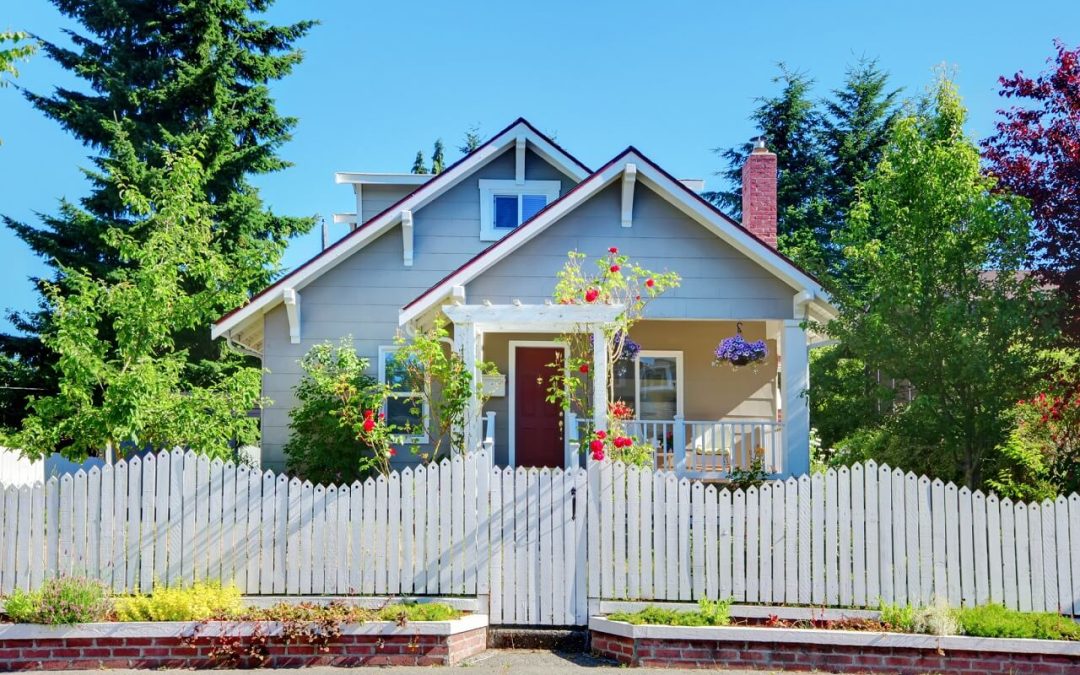Fencing doesn’t just mark boundaries; it adds character, security, and charm to your property. Choosing the right material is one of the most critical decisions when considering a new fence. The options are vast, from classic wood to modern composites, each offering unique benefits and aesthetics. Let’s look at the diverse world of fencing materials to help you find the perfect fit for your needs.
Wood Fencing Materials
Wood has long been a favorite choice for fencing, cherished for its timeless appeal and natural beauty. Options like cedar, pine, and redwood offer durability and resistance to decay and insects. Wood fences can be stained or painted to match your aesthetic preferences, and they blend seamlessly with various architectural styles, from rustic to contemporary. However, most wood requires regular maintenance, including staining or sealing, to protect against weathering.
Vinyl
Vinyl fencing has surged in popularity recently thanks to its low maintenance and versatility. Available in various styles and colors, vinyl fences can mimic the look of wood, stone, or metal without the upkeep. They are resistant to rot, fading, and pests, making them an excellent long-term investment for homeowners seeking durability and aesthetics. While vinyl fences may have a higher upfront cost than wood, their minimal maintenance requirements often offset the initial investment over time.
Metal Fencing Materials
Metal fencing, typically made from aluminum or wrought iron, exudes elegance and strength. Wrought iron fences, with their intricate designs and classic appeal, add a touch of sophistication to any property. Meanwhile, aluminum fences offer similar aesthetics with the added benefit of being lightweight and rust-resistant. Metal fences are incredibly durable and require minimal maintenance, though wrought iron may need occasional repainting to prevent rust.
Composite
Composite fencing combines wood fibers and recycled plastic to create a durable, eco-friendly alternative to traditional wood. These fences mimic the look of wood while offering superior resistance to rot, insects, and weathering. Composite fences are virtually maintenance-free, requiring occasional cleaning with soap and water. Despite the high upfront costs, composite fences often prove more cost-effective in the long run due to their longevity and minimal upkeep.
Chain Link Fencing Materials
Chain link fencing is a practical and affordable option for securing property boundaries and providing safety for pets and children. While not known for its aesthetic appeal, chain link fences are durable, low-maintenance, and offer excellent visibility. They can be customized with privacy slats or vinyl coatings to enhance appearance and increase privacy. Chain link fences are prevalent for commercial and industrial applications but can also be used in residential settings.
When selecting a fencing material, consider factors such as your budget, desired aesthetics, maintenance preferences, and the specific requirements of your property. Consulting with fencing professionals can also provide valuable insights and help you make an informed decision. Whether you prioritize timeless elegance, modern durability, or eco-consciousness, there’s a fencing material to suit your needs and enhance the beauty and functionality of your outdoor space.
Cal Home Inspection provides inspections in Sacramento, CA, and the surrounding areas. If you’re buying or selling a home, contact us to schedule an appointment.

